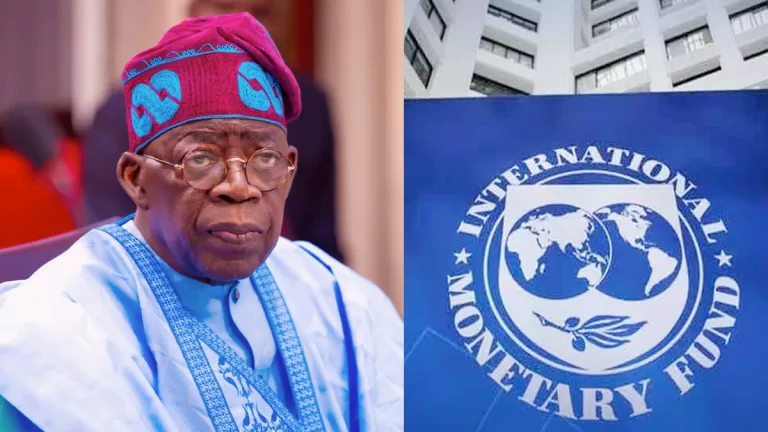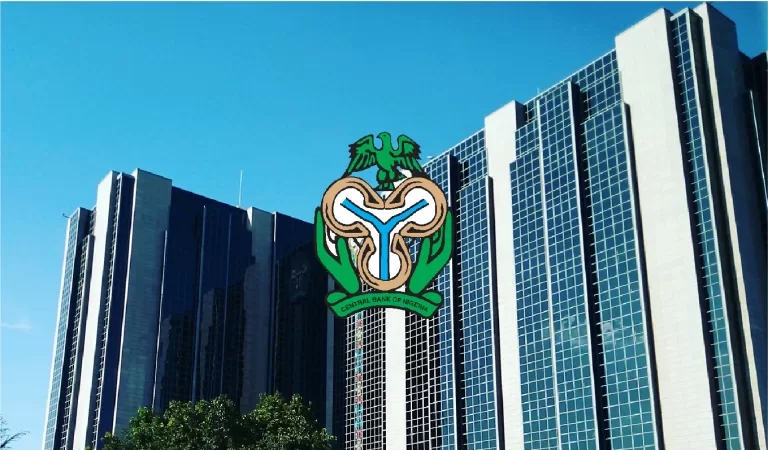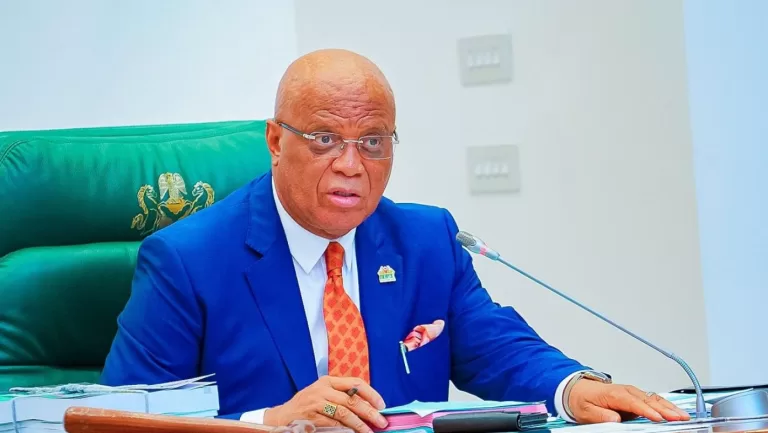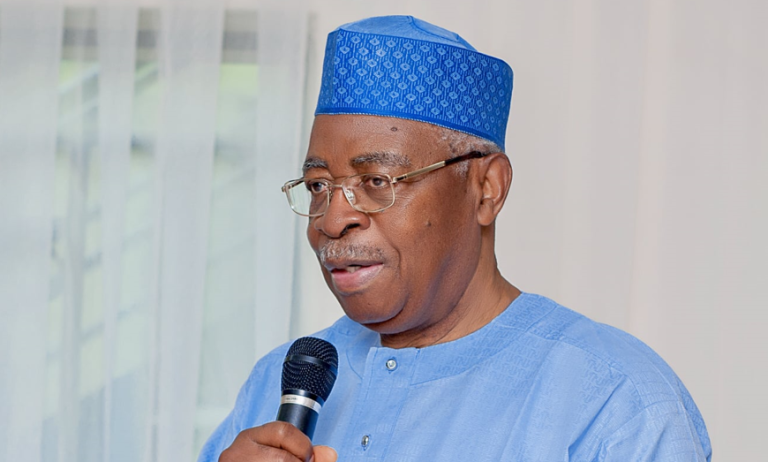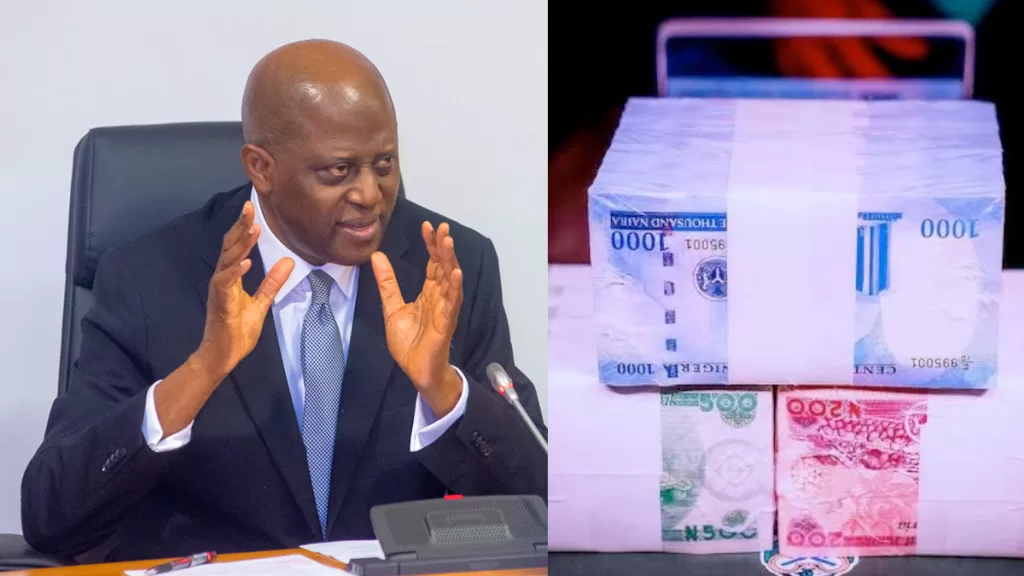
In its boldest bid yet to transform Nigeria’s financial sector into a launchpad for a $1 trillion economy, the Central Bank of Nigeria (CBN) has doubled down on its ambitious bank recapitalisation programme. At the heart of this sweeping reform is the belief that stronger banks equal a stronger economy—and for CBN Governor Olayemi Cardoso, there’s no time to waste.
Launched on April 1, 2024, the two-year recapitalisation drive mandates commercial banks to significantly boost their capital reserves. International banks must meet a N500 billion threshold, while national and regional license holders must raise N200 billion and N50 billion respectively. Merchant banks are required to reach N50 billion, while non-interest banks must attain N20 billion (national) or N10 billion (regional). The deadline? March 31, 2026.
According to Cardoso, the initiative is more than a numbers game. It’s a strategic intervention aimed at unlocking credit access, stimulating innovation, and driving inclusive growth across Nigeria’s most underserved communities.
“By enabling banks to extend more credit to MSMEs, we enhance job creation and productivity,” Cardoso noted. “With increased capital, banks can invest in digital financial services like mobile money and agent banking—vital tools for bridging Nigeria’s financial divide.”
Banking Sector Remains Resilient
Despite macroeconomic headwinds, the CBN asserts that Nigeria’s banking system remains resilient. Key indicators such as liquidity ratios and non-performing loan (NPL) rates remain within regulatory benchmarks.
“The NPL ratio is below the five percent ceiling, and liquidity ratios exceed the minimum requirement of 30 percent,” said Cardoso. “Stress tests confirm our banks are structurally sound.”
He added that several banks have already made significant strides toward meeting capital targets through rights issues and public offerings.
“Our banks are well on their way to meeting recapitalisation goals ahead of the 2026 deadline,” Cardoso said. “This positions the sector to power Nigeria’s economic rebound.”
Laying the Foundation for a $1 Trillion Economy
Deputy Governor, Corporate Services, Ms. Emem Usoro, echoed the sentiment during a CBN seminar for financial correspondents in Abuja, framing recapitalisation as a cornerstone for national transformation.
“To support a $1 trillion economy, our banks must be robust enough to finance growth and compete globally,” Usoro said. “Structured policies and unwavering execution will be critical to this journey.”
She urged collaboration between the public and private sectors to ensure the financial system becomes a key enabler of infrastructure, industry, and innovation.
A View from the Top: Banks React
Bank executives are largely aligned with the CBN’s strategy. UBA Group Managing Director, Oliver Alawuba, described the policy as both “timely and essential.”
“This is more than regulatory compliance—it’s about empowering banks to scale up and deliver on national ambitions,” Alawuba said. “From fintech and green energy to agriculture and manufacturing, Nigerian banks must be capitalised to lead.”
He noted that Nigerian banks currently operate well below global standards. In 2024, banking assets accounted for just 11.97% of GDP—far behind global averages, which range between 70% and 150%.
“We need to close this gap to truly support national development,” he added.
Regulatory Pulse: Progress and Prospects
Dr. Olubuka Akinwumi, Director of Banking Supervision at the CBN, provided key updates on progress and expectations.
“So far, banks are within prudential thresholds. Many are exploring mergers, strategic alliances, and new capital-raising routes,” he said.
He confirmed a spike in new banking license applications, with emphasis on development-focused institutions. Akinwumi also highlighted foreign investor interest, attributing renewed confidence to recent reforms in Nigeria’s FX regime and increased regulatory transparency.
“International perception of Nigeria’s banking system is improving. We’ve enhanced reserve disclosures and bolstered investor trust,” he said.
On monetary policy levers like Loan-to-Deposit Ratio (LDR) and Cash Reserve Ratio (CRR), Akinwumi clarified that current thresholds reflect a deliberate strategy to manage inflation while promoting sustainable lending.
As the CBN’s recapitalisation programme gains momentum, Nigeria is laying the groundwork for a more inclusive, resilient, and globally competitive financial sector. With solid capital buffers and a renewed focus on growth sectors, banks are poised to become critical players in the country’s quest for a $1 trillion economy.


